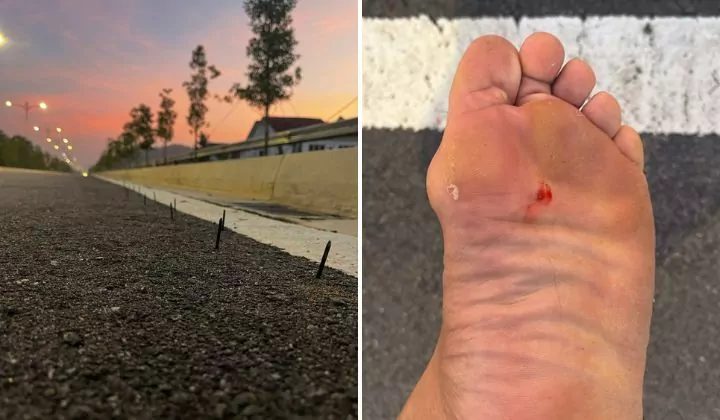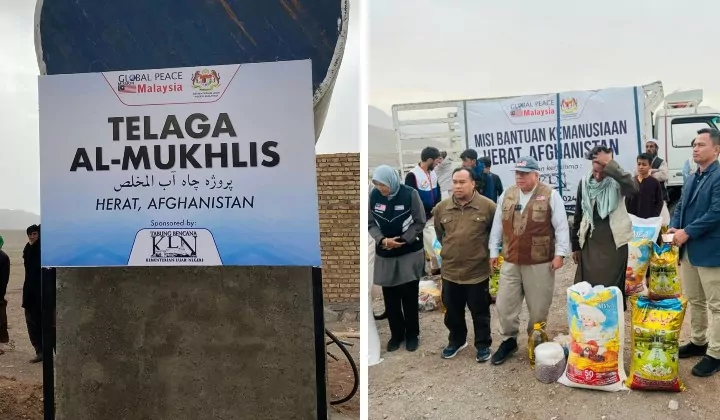Southeast Asia Sizzles As Region Struggle With Historic Heatwave
Temperatures are at an all-time high across the region.
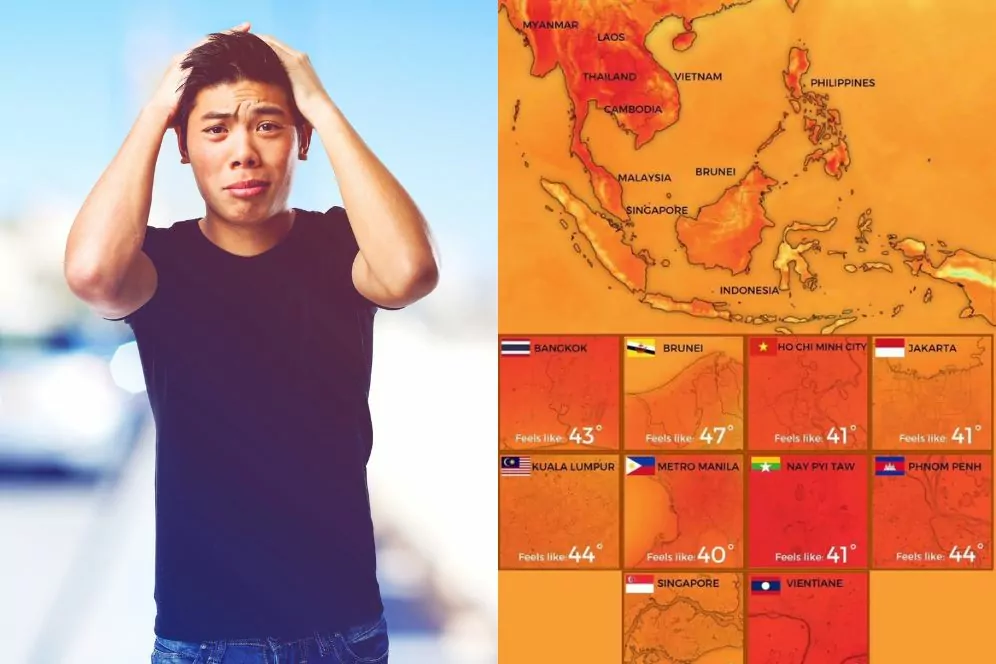
Subscribe to our FREE Newsletter, or Telegram and WhatsApp channels for the latest stories and updates.
Who’s ready for a Hot Girl Summer?!
The heat in Southeast Asia is soaring to new heights, and the online world is abuzz as netizens fan the flames of conversation to share their burning grievances about the sweltering weather we’re experiencing.
heat records are being broken everywhere this week in SE Asia. this is crazy. pic.twitter.com/BBehGUYHwy
— yammi (@sighyam) April 5, 2024
HELLO MY SEA FRIENDS
— mj NOT A WEATHER REPORTER (@orzmjxxx) April 4, 2024
ARE YOU OK☀️💃🕺🪩✨🔥💥 pic.twitter.com/ZmNXveZ0CF
Philippines is revolving around the sun during this time of the year 🇵🇭🔄☀️🔥🔥💥💥🌴🌴 pic.twitter.com/9mnHcfYrtS
— Quacker (@QuakOaths) April 4, 2024
HO CHI MINH GANG LET'S GO 🔥🔥🔥🔥🔥🔥🔥🔥🔥🔥🔥🔥🔥🔥🔥🔥🔥🔥🔥🔥🔥🔥🔥 pic.twitter.com/iWtHysZ5ya
— Trang ♦️ (@trangl271) April 4, 2024
— Deb byzz (@ByzzDeb) April 4, 2024
since singapore monopolize taylor swift concert, so why not monopolize the entire heat in southeast asia, i'm sure singaporean love it, don't be shy https://t.co/U91YGivDFR
— miguel (@asianpadthai) April 5, 2024
Why so hot, meh?
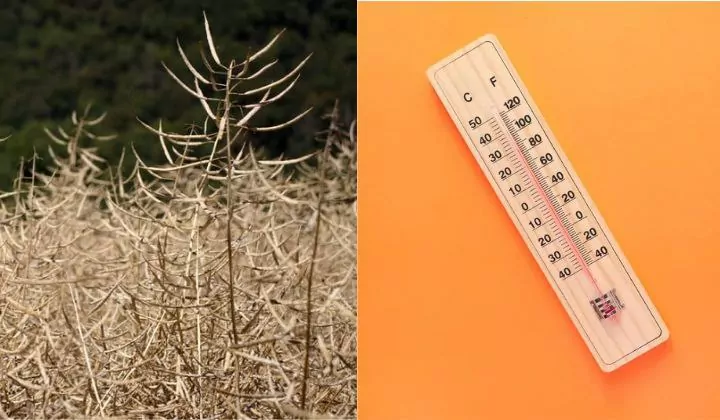
So reports are saying that the Southeast Asian region is grappling with what climatologists are calling a “historic heatwave.”
From the closure of thousands of schools in the Philippines to soaring rice prices in Indonesia, the impact of the extreme heat is being felt far and wide.
Scientists attribute the scorching weather to a combination of human-induced climate change and the El Niño event, which brings hotter, drier conditions to the region.
Governments are struggling to respond, with some public infrastructure lacking proper ventilation, as well as, businesses and schools needing to adjust schedules to cope with the heat.
The heatwave has also taken a toll on agriculture, with rice prices rising in Indonesia, farmers struggling to transport crops in Vietnam, and crop yields falling in Thailand.
Health warnings have been issued to avoid heatstroke, but many workers, especially those in sectors such as agriculture or construction, have little choice but to endure the severe heat.
In addition to these challenges, the extreme heat is also affecting the region’s waters, with coral and fish at risk in Thailand’s Gulf due to excessively hot water temperatures.
The situation is further compounded by the fact that several areas in the Peninsula are currently experiencing Level 2 (Heatwave) conditions, with daily maximum temperatures reaching 37-40 degrees Celsius for at least three consecutive days.
How are WE coping with this heatwave?
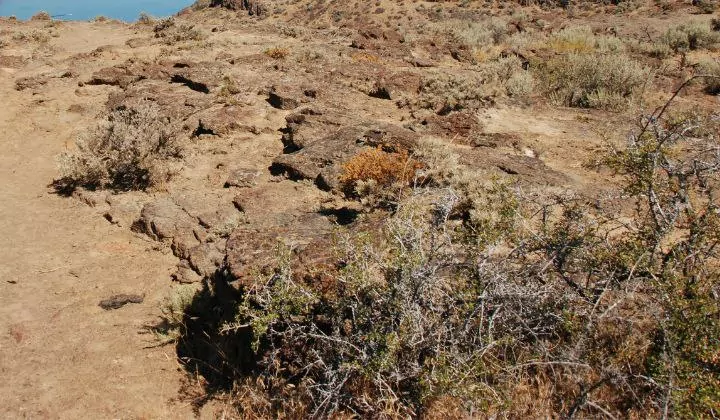
In recent months, Peninsular Malaysia has been experiencing a severe drought, leading to rivers drying up in various areas. The lack of rainfall has significantly reduced water levels, impacting both the environment and communities reliant on these water sources.
Rivers play a crucial role in providing water for agriculture, drinking, and other essential needs. With rivers drying up, farmers are facing challenges in irrigating their crops, which can lead to crop failures and financial losses.
Additionally, communities that rely on rivers for drinking water are forced to find alternative sources, which can be costly and time-consuming.
The drought has also affected wildlife and ecosystems. Rivers are habitats for many species of fish and other aquatic animals. The decrease in water levels can lead to a decline in these populations and disrupt the balance of local ecosystems.
Authorities are taking measures to address the impacts of the drought, such as implementing water rationing and conservation measures. However, the situation remains challenging, and efforts to mitigate the effects of the drought are ongoing.
Tips to cope with the heat

As temperatures rise and heatwaves become more common, it’s crucial to take proactive steps to stay safe and cool. One of the most important strategies is to stay hydrated by drinking plenty of water throughout the day.
Avoiding sugary and caffeinated beverages can help prevent dehydration. It’s also essential to keep cool by using fans, air conditioning, or taking cool showers.
Wearing lightweight, light-coloured, and loose-fitting clothing can also help regulate your body temperature.
Limiting outdoor activities during the hottest parts of the day, typically from midday to late afternoon, can reduce your risk of heat-related illnesses. If you need to go outside, staying in the shade as much as possible can help protect you from the sun’s intense rays.
It’s also important to check on vulnerable individuals, such as children, elderly individuals, and those with chronic medical conditions, as they are more susceptible to heat-related illnesses.
Using sunscreen with a high SPF can protect your skin from sunburn, which can make it harder for your body to cool down.
Staying informed about weather forecasts and heat advisories issued by local authorities can help you make informed decisions about how to stay safe during a heatwave.
Creating a cool environment in your home by closing blinds or curtains during the day and using reflective materials to block out heat from windows and walls can also help you stay comfortable.
Remember to take care of yourself and others, and seek medical attention if you experience symptoms of heat-related illnesses such as heat exhaustion or heatstroke. Stay cool and beat the heat!
Share your thoughts with us via TRP’s Facebook, Twitter, Instagram, or Threads.



